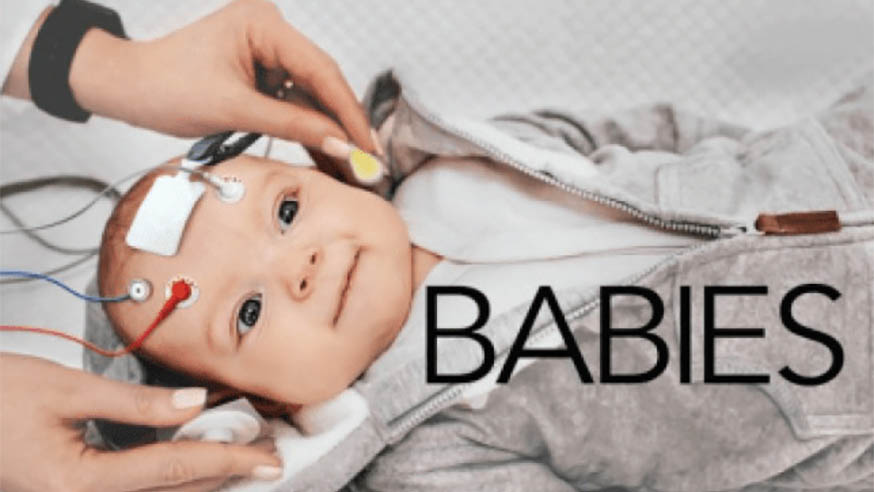Netflix Fix of the Week: Babies
 CREDIT: NETFLIX
CREDIT: NETFLIXGet ready for a dose of cuteness we all need in our boring lives.
Excuse me while I make a trip to Costco to find one of those for myself.
You think life is complicated? Wait till you go inside the mind of a baby. Babies, Netflix’s newest release, is all about tiny, adorable, freshly baked humans. Besides being unbearably and freakishly cute, this six-part docuseries tediously explores the science of infant development.
Filmed over three years, Babies follows the early months of 15 newborns and elucidates the research of 36 scientists — yes, you need that many scientists to study a brain that tiny. The show follows the development of a select, cross-continental group of infants as they develop from their opening days after birth through their many early developmental milestones. One by one, each successive newborn is introduced, along with their parents, spread out across the world.
Each episode of Babies intersperses adorable footage of babies doing baby stuff — sleeping, nursing, crawling — with numerous scientists presenting their work on baby topics like, well, sleeping, nursing, and crawling. Though there are numerous shots of babies, some would say (me) there’s way too much screen time given to the scientists.
The first episode focuses on love and the biology of bonding and how caregiving, social interaction and stress can show physical changes in both parents and newborns. It features Ruth Feldman, professor of developmental social neuroscience from Tel Aviv, who shows us what happens in our brains when we fall in love with our babies. She discovered that oxytocin levels increase in the first month not just in mothers but to an identical extent in fathers, meaning fatherhood is way more deep rooted in the biology of a man than we thought.
The next five episodes focus on other milestones, like a baby’s first food, crawling, first words, sleep and first steps. Another episode featuring professor Susan Lynch from San Francisco found that babies living with dogs and cats are better protected from developing asthma and allergies. Like we need more proof that dogs (and cats, meh!) are a gift from God and we don’t deserve them.
My suggestion? Ultimately, Babies is a lovely inclusive celebration of humans in their most compact, adorable form that you cannot take your eyes away from. It’s informative and eye-opening, yet you don’t have to have your own baby to appreciate it (phew).
I’d suggest you to come for the babies but stay for the hard science behind them and their primitive years. Even though non-parents may not gain a lot out of this show but you can always consider this as research for another chapter of your life.















